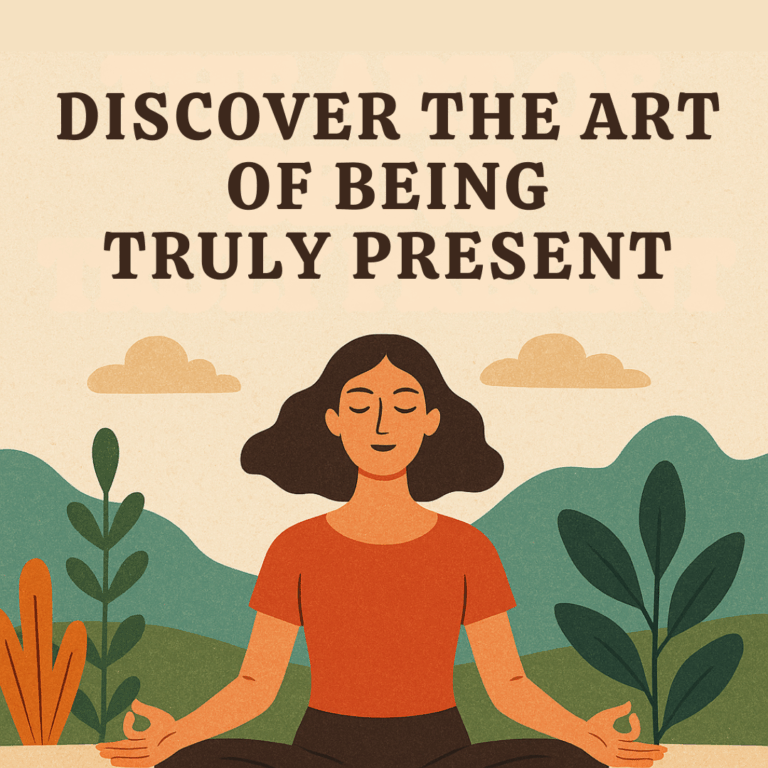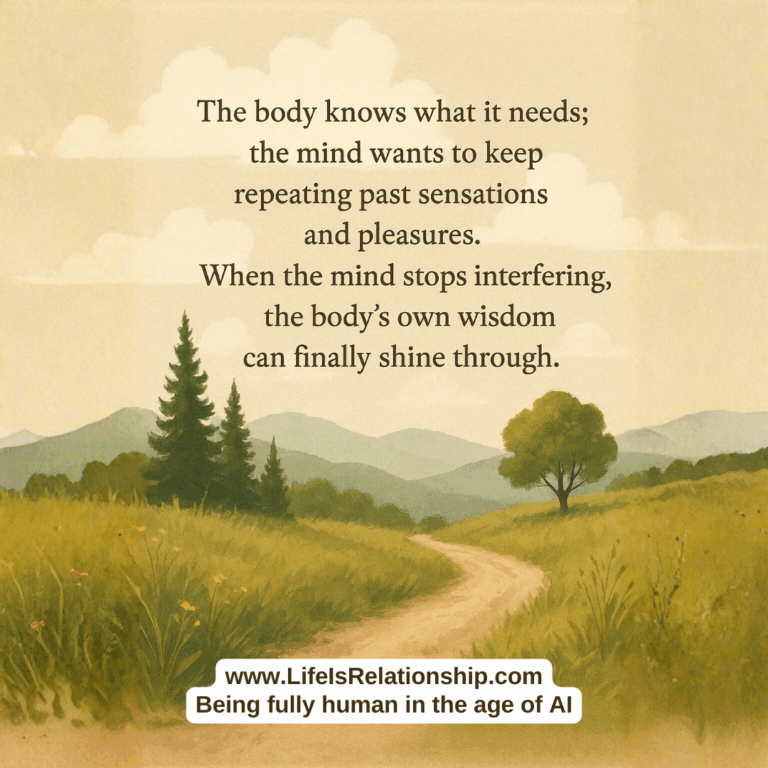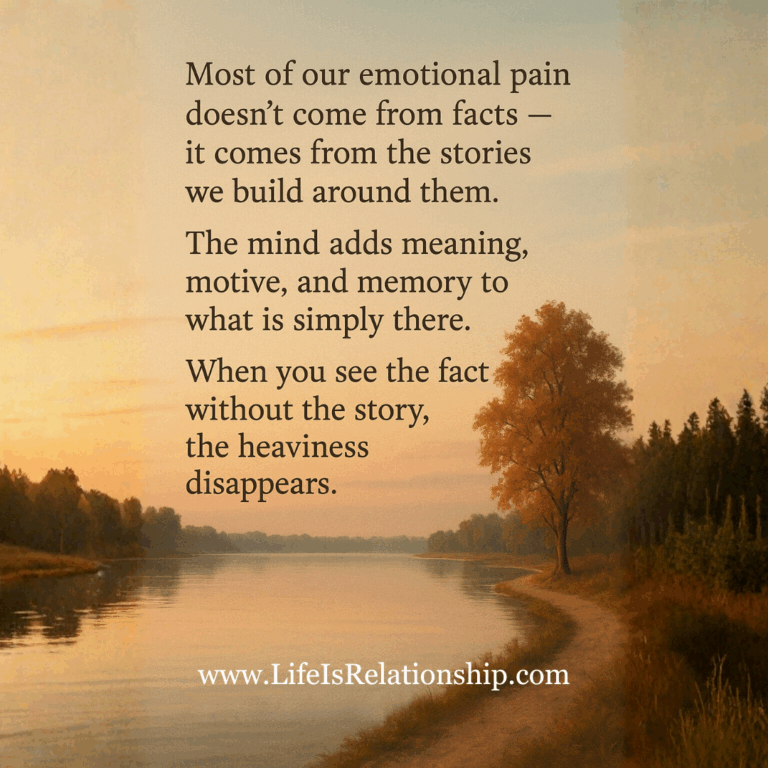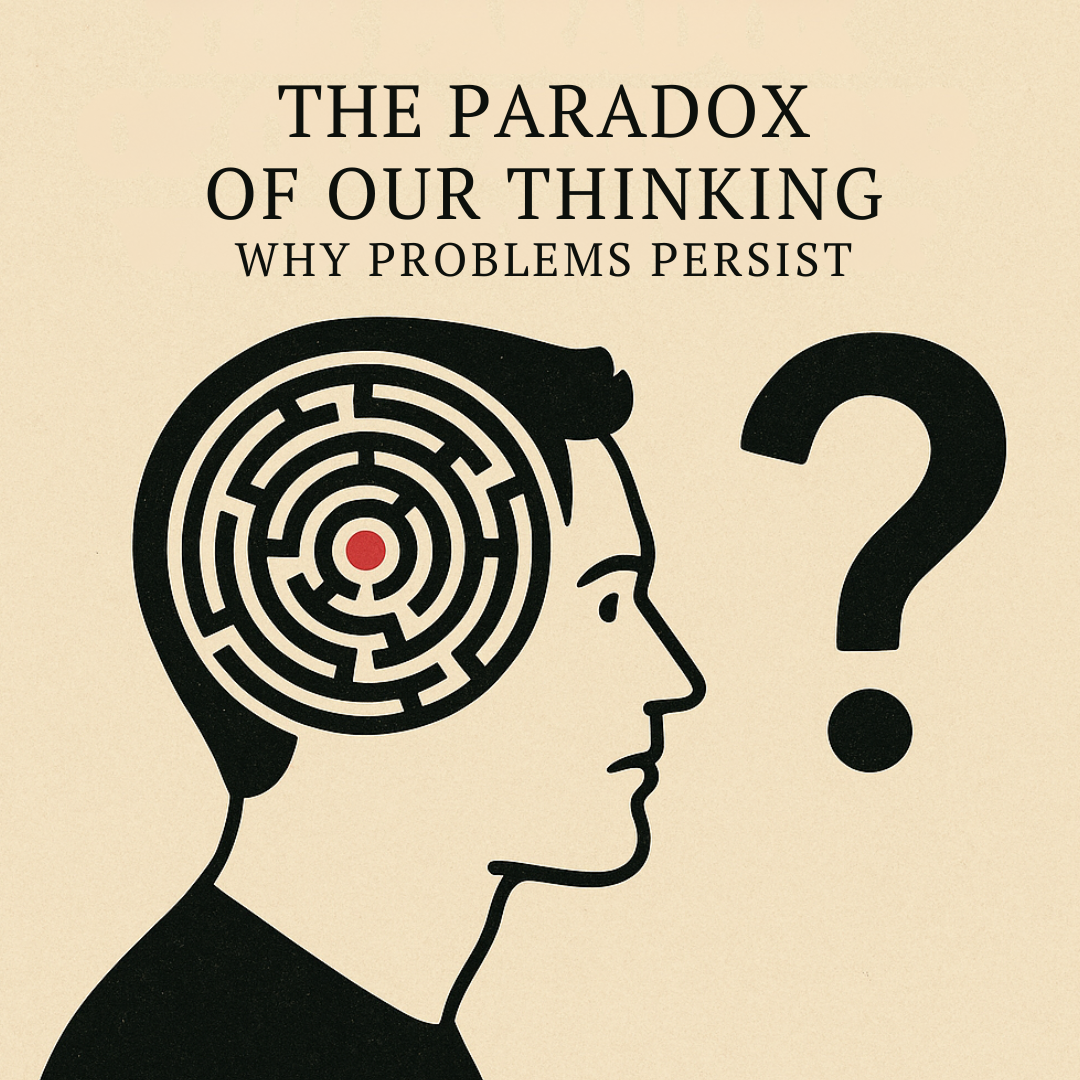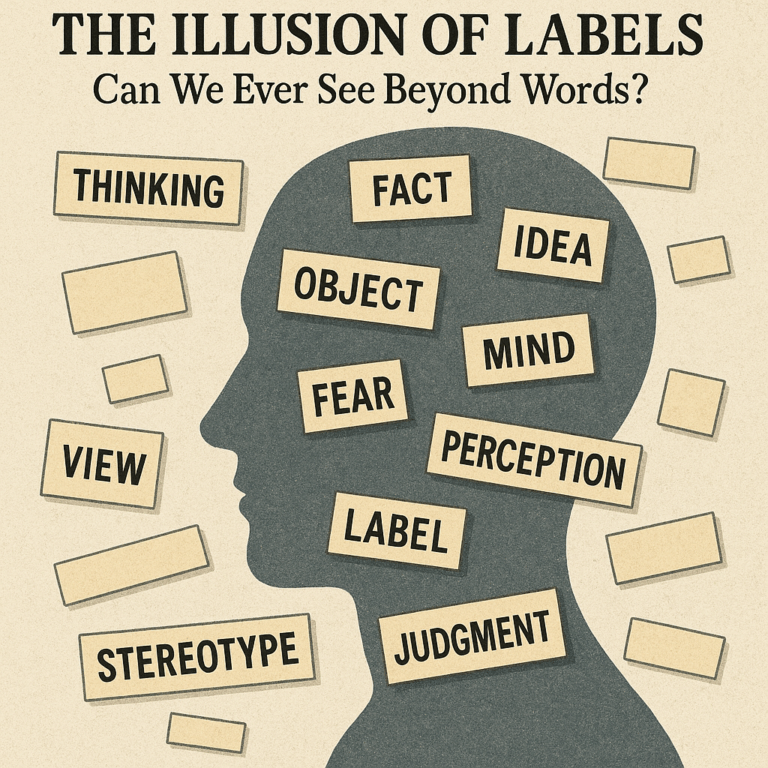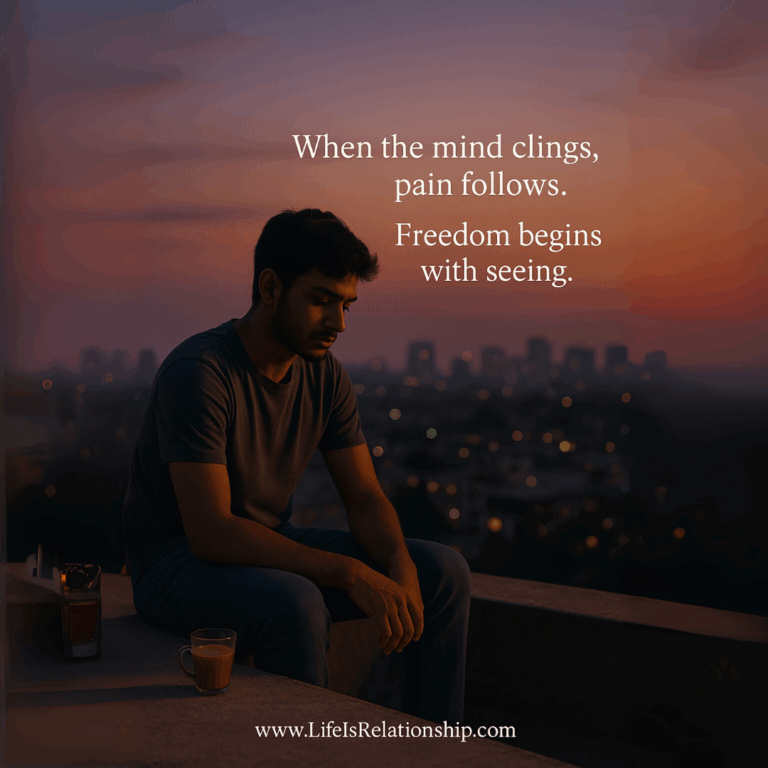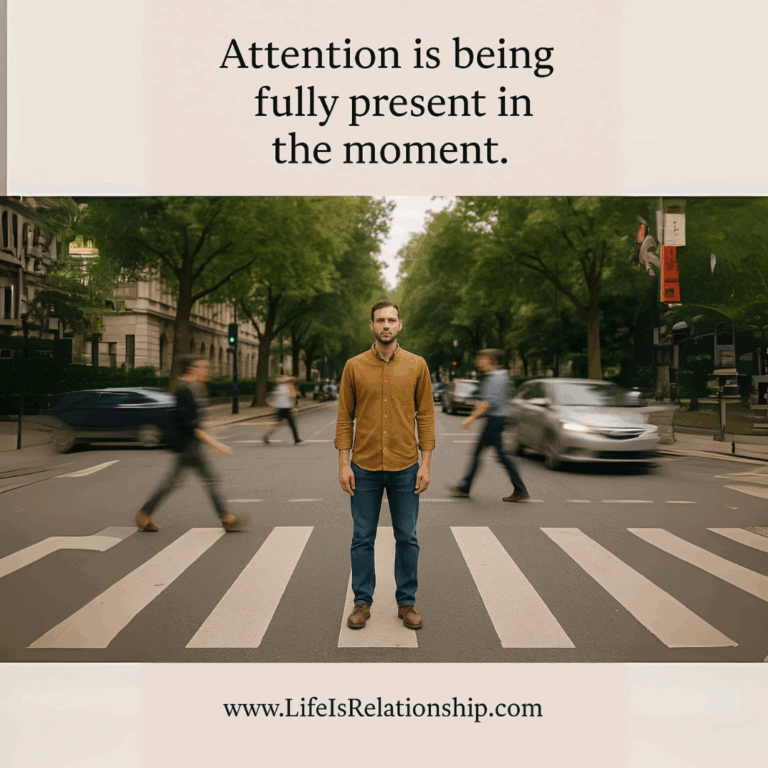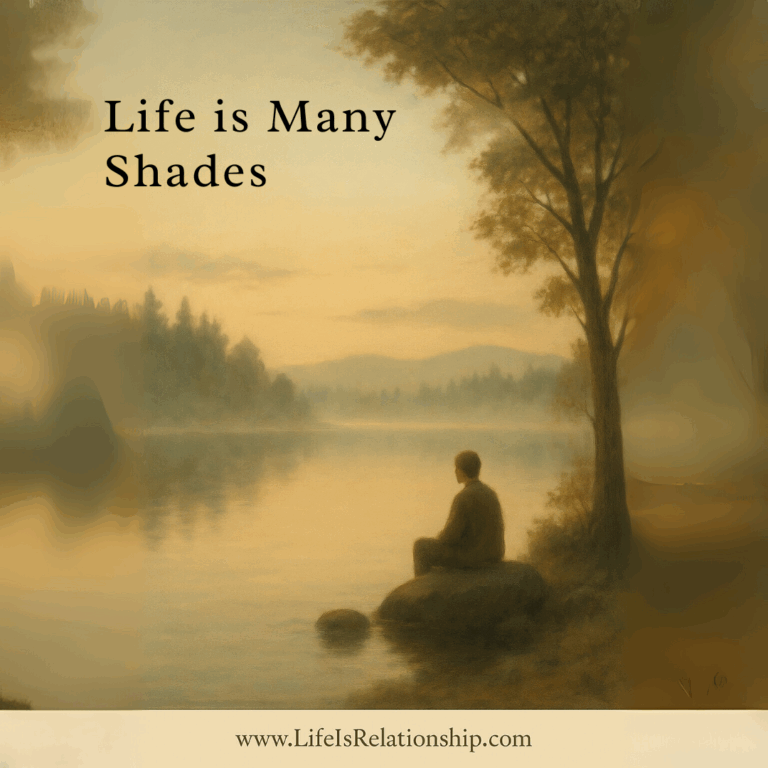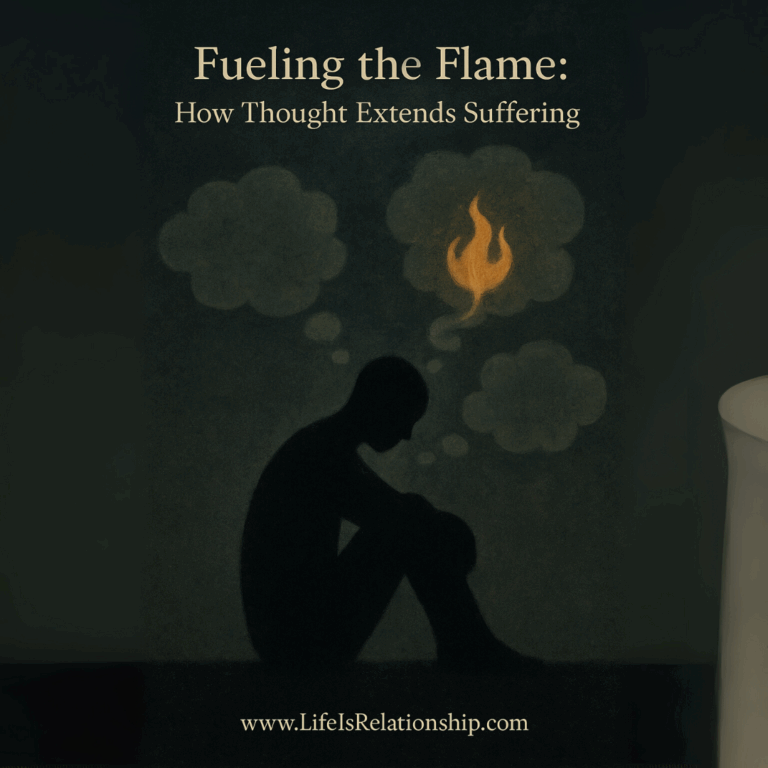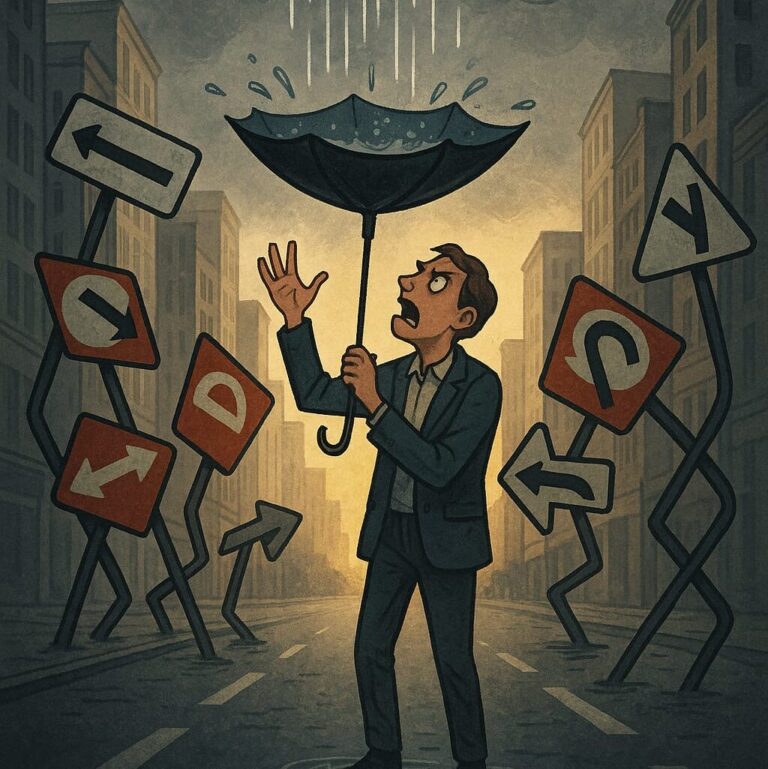Intuition often feels like a whisper of truth—a sense of knowing that arises without conscious reasoning. For many, it feels natural, almost sacred, to trust this inner voice. It’s as though intuition connects us to a deeper wisdom beyond the chatter of the mind. But is this perception accurate? Can intuition reliably guide us, or should it be questioned?
What Is Intuition?
Intuition is often described as an immediate understanding or insight that seems to bypass rational thought. It may come as a gut feeling, a sudden clarity about a decision, or even a sense of danger. Unlike deliberate reasoning, intuition is fast and spontaneous, arising seemingly from nowhere.
Neuroscientists suggest that intuition stems from the brain’s ability to recognize patterns unconsciously. Based on accumulated experiences and knowledge, conclusions are presented without the need for deliberate analysis.
For example, a seasoned chess player might instantly recognize the best move in a complex situation without consciously analyzing every possibility. Similarly, someone walking down a dark alley might instinctively sense a threat based on subtle cues they don’t consciously register.
Why Do We Trust Intuition?
People often trust intuition because it feels deeply personal and unfiltered. There is an allure to the idea of tapping into something beyond the limitations of logic. Culturally, intuition is sometimes linked to concepts like wisdom, creativity, or even spirituality.
In some cases, intuition appears to work remarkably well. The nurse who senses something wrong with a patient despite normal test results or the entrepreneur who invests in an unconventional idea that later proves successful are often celebrated as examples of intuition’s power.
But this raises a critical question: Does intuition always guide us correctly, or are these examples exceptions rather than the rule?
The Fragility of Intuition
While intuition can feel compelling, it is not immune to error. It often reflects biases, fears, and incomplete knowledge. What we perceive as intuitive wisdom might simply be a projection of our past experiences or conditioning.
For instance, imagine a person who instinctively distrusts others because of past betrayals. Their “intuition” about new people might be less a reflection of insight and more a residue of fear. Similarly, a business decision based on a strong gut feeling might fail if it ignores critical information or context.
This calls for a pause: Is intuition a guide, or is it sometimes a distortion of reality?
Intuition vs. Insight
There’s an important distinction to explore between intuition and insight. Intuition often arises unconsciously, influenced by stored memories and emotions. Insight, on the other hand, emerges from clarity—a mind free from confusion or conflict.
Consider the analogy of a pond. If the water is muddy, any reflection on its surface will be distorted. Intuition born from a “muddy” mind, clouded by bias or emotional turbulence, is likely unreliable. However, when the mind is clear and attentive, what arises might not be mere intuition but true insight—an understanding untainted by the past.
Questioning Intuition
Does questioning intuition weaken its value? Not necessarily. In fact, questioning might be the very act that refines it. When you pause to examine whether your gut feeling stems from fear, habit, or genuine understanding, you create space for clarity to emerge.
For example, let’s say you have a strong feeling to avoid a particular situation. Instead of acting impulsively, you inquire: Is this feeling arising from past trauma or from an accurate perception of the present? This inquiry doesn’t dismiss intuition but allows for a deeper engagement with it.
Balancing Intuition with Awareness
Intuition can be a helpful guide, but it should not be the sole compass. Awareness—the ability to observe thoughts, emotions, and impulses without judgment—provides a broader perspective. With awareness, you can discern whether your intuition is leading you toward truth or away from it.
For instance, a hiker navigating unfamiliar terrain might feel an intuitive urge to take a certain path. Awareness would prompt them to consider: Is this instinct based on a genuine sense of direction, or am I influenced by anxiety about getting lost? This balance between intuition and awareness helps avoid blind reliance on either.
A Call to Inquiry
Rather than asking, “Should I trust my intuition?” perhaps the more profound question is, What is the source of my intuition? Is it rooted in clarity, or is it entangled in the web of past experiences and biases?
By holding this question in mind, you cultivate a state of openness and attentiveness. From this state, both intuition and reason can coexist, guiding you not as conflicting forces but as complementary aspects of a deeper understanding.
In the end, the value of intuition lies not in blind trust but in its ability to act as a bridge—a bridge between the seen and the unseen, the known and the unknown. Whether it can be trusted depends not on intuition itself but on the clarity of the mind receiving it.


